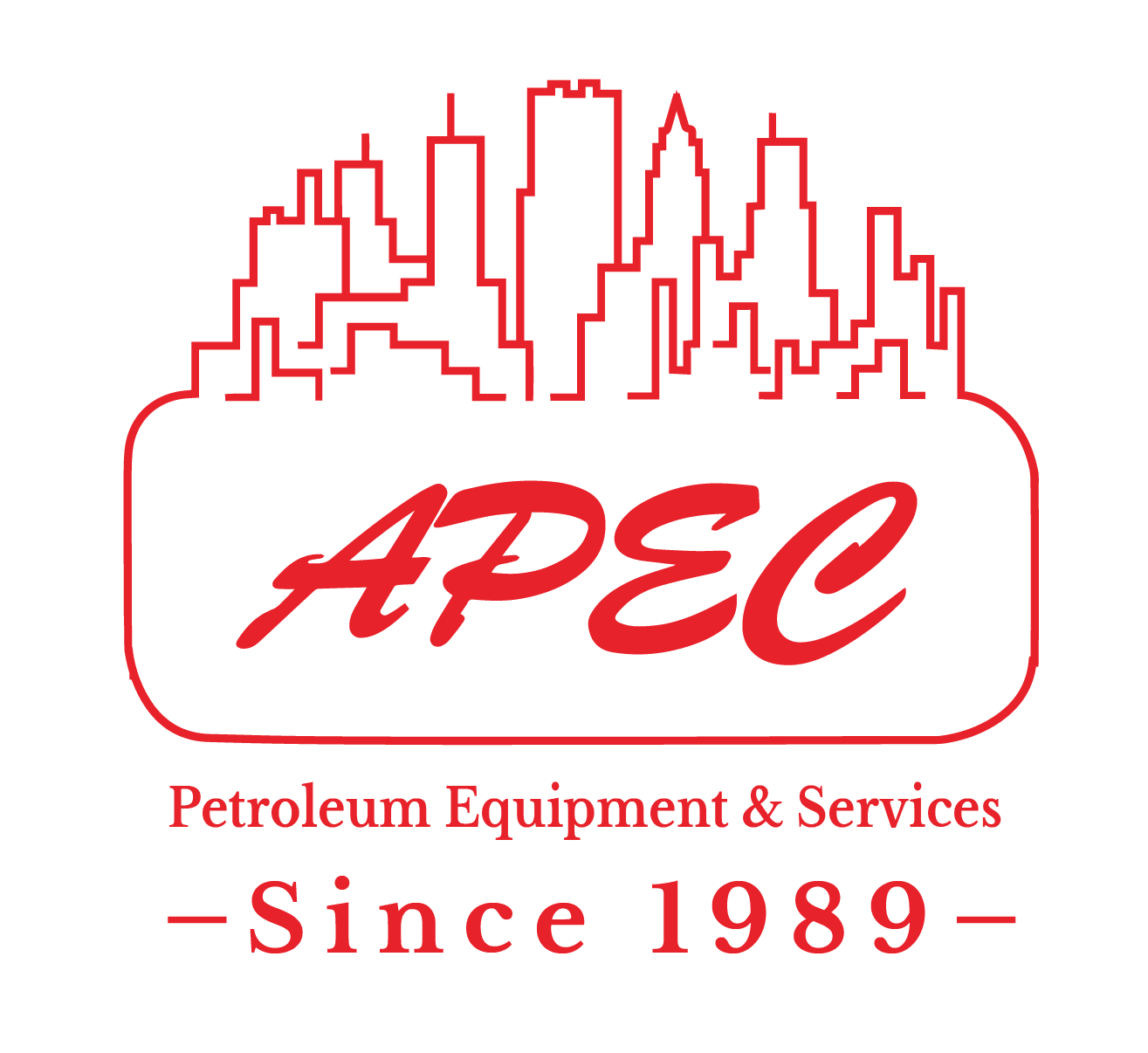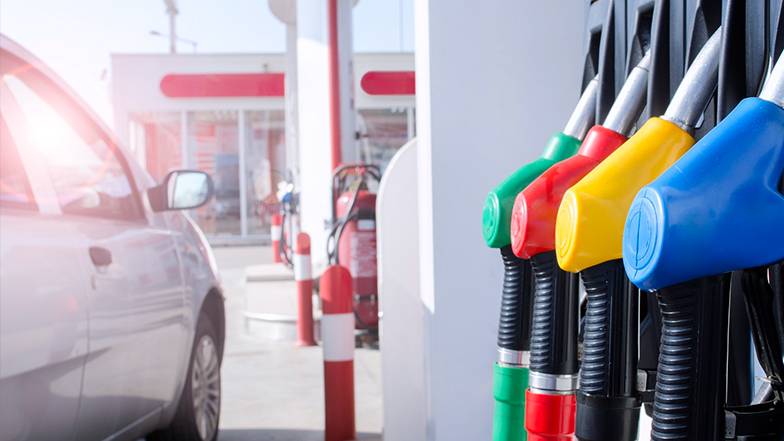Innovations in Petroleum Equipment: How Leading Companies Are Shaping the Future
In an industry known for its rich history and longstanding practices, the petroleum sector is undergoing a transformative shift driven by cutting-edge innovations. As global energy demands evolve and environmental concerns take center stage, leading companies are reimagining petroleum equipment to enhance efficiency, safety, and sustainability. Here’s a look at some of the groundbreaking advancements shaping the future of petroleum equipment.
Smart Sensors and IoT Integration
The advent of smart sensors and Internet of Things (IoT) technology has revolutionized how petroleum equipment operates and is monitored. Modern sensors are now capable of providing real-time data on equipment performance, environmental conditions, and safety metrics. Companies like Schlumberger and Halliburton are leading the charge with advanced sensor technologies that can predict equipment failures before they occur, reducing downtime and maintenance costs.
IoT integration allows for seamless communication between devices, creating a networked system that offers unprecedented visibility into operations. This interconnected approach not only boosts operational efficiency but also enhances safety by providing early warnings of potential issues.
Automation and Robotics
Automation and robotics are playing an increasingly significant role in the petroleum industry. From drilling operations to pipeline inspections, robots and automated systems are enhancing precision and efficiency. For example, robotic drilling systems are capable of performing complex tasks with minimal human intervention, leading to faster and more accurate drilling processes.
Companies like The APEC Group is at the forefront of developing autonomous systems that can operate in hazardous environments, reducing the risk to human workers. Automated equipment also contributes to more consistent and reliable operations, minimizing human error and maximizing productivity.
Advanced Drilling Technologies
Innovations in drilling technologies are transforming how we extract resources from the earth. Directional drilling, for instance, allows for the precise targeting of oil and gas reserves, minimizing the environmental impact of drilling operations. Horizontal drilling, another advancement, enables the extraction of resources from previously unreachable areas, increasing the efficiency of resource recovery.
Companies such as Weatherford and Transocean are pioneering new drilling technologies that enhance the depth and accuracy of drilling operations. These advancements not only improve resource extraction but also contribute to reducing the ecological footprint of drilling activities.
Sustainable and Eco-Friendly Solutions
As environmental concerns become more pressing, the petroleum industry is investing in sustainable and eco-friendly solutions. Innovations such as carbon capture and storage (CCS) technologies are being developed to mitigate the environmental impact of fossil fuel extraction and consumption.
Top companies are investing heavily in CCS research and implementation. These technologies capture carbon dioxide emissions from industrial processes and store them underground, preventing them from entering the atmosphere. Additionally, advancements in cleaner production techniques and renewable energy integration are helping the industry transition towards more sustainable practices.
Enhanced Safety Features
Safety remains a top priority in the petroleum industry, and innovations are continually being developed to address safety concerns. Advanced safety equipment, including explosion-proof materials and automated shut-off systems, are designed to prevent accidents and protect workers.
Leading companies are also incorporating advanced training simulations and virtual reality (VR) technology to prepare workers for high-risk scenarios. By providing immersive training experiences, these technologies help ensure that employees are well-prepared to handle emergencies and operate equipment safely.
Data Analytics and Artificial Intelligence (AI)
The use of data analytics and artificial intelligence (AI) is revolutionizing how petroleum companies analyze and utilize operational data. AI algorithms can process vast amounts of data to identify patterns, optimize operations, and make informed decisions.
Top companies are leveraging AI to enhance exploration and production processes. Predictive analytics, powered by AI, allows companies to anticipate equipment failures, optimize resource allocation, and improve overall operational efficiency. This data-driven approach is transforming decision-making and driving innovation in the industry.
Conclusion
The petroleum industry is experiencing a wave of innovation driven by advancements in technology and a growing focus on sustainability. From smart sensors and automation to eco-friendly solutions and AI-driven analytics, leading companies are reshaping the future of petroleum products. As these technologies continue to evolve, they promise to enhance efficiency, safety, and environmental stewardship in the industry.
As we look ahead, it’s clear that the future of petroleum equipment will be defined by these innovations, driving the industry towards a more efficient and sustainable future. The commitment of leading companies to embrace new technologies and practices is paving the way for a new era in petroleum operations, one that balances energy needs with environmental responsibility.





